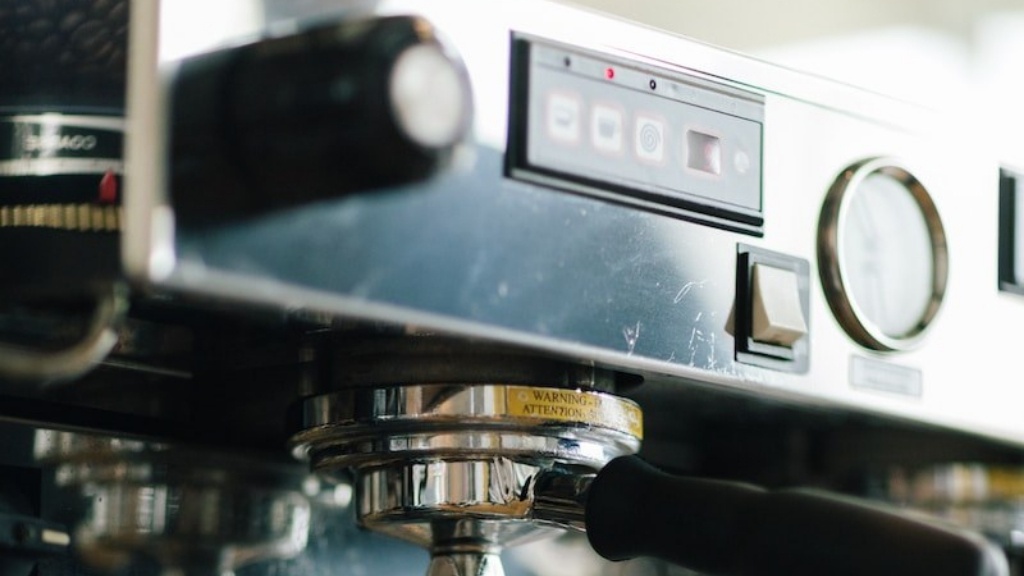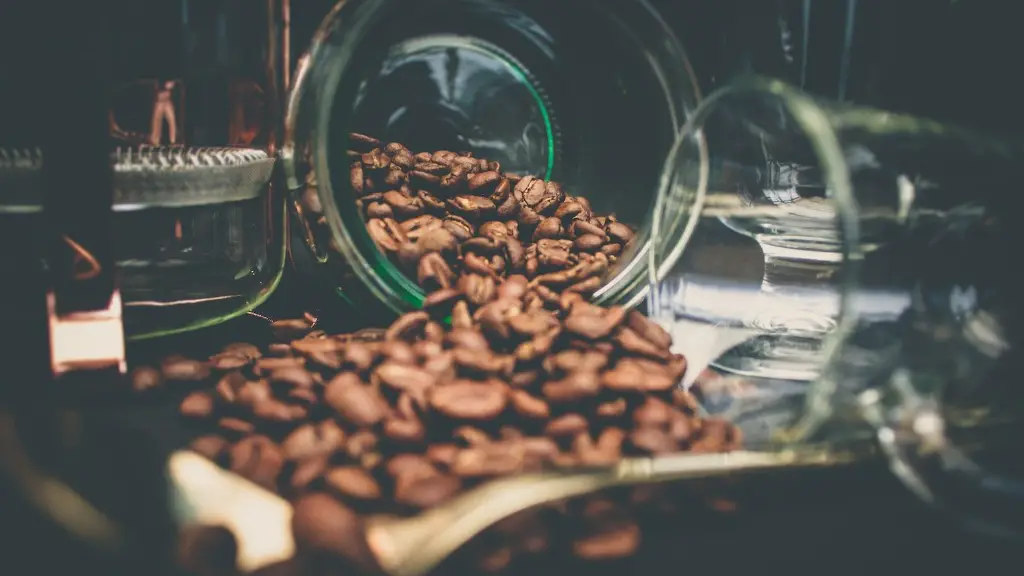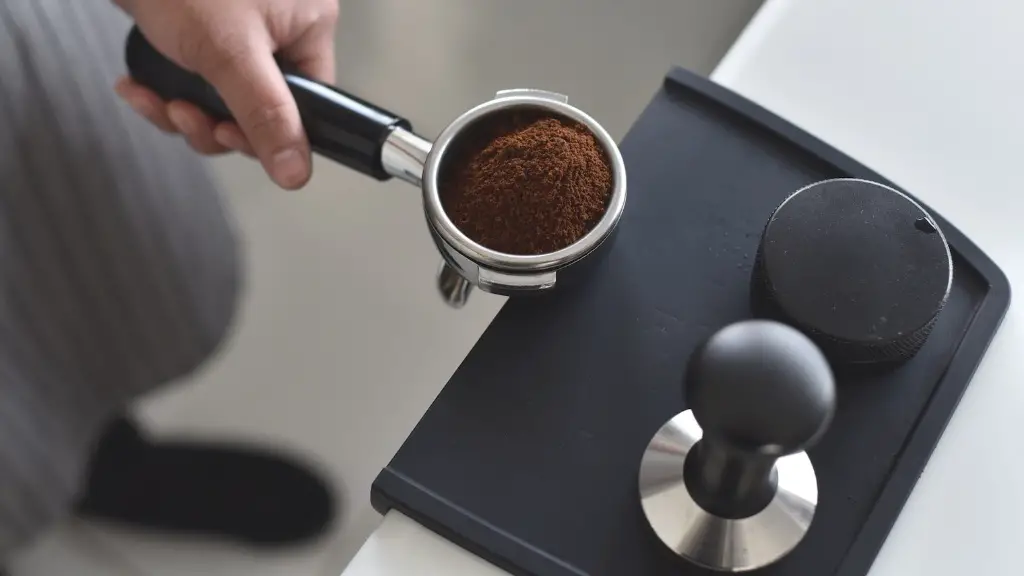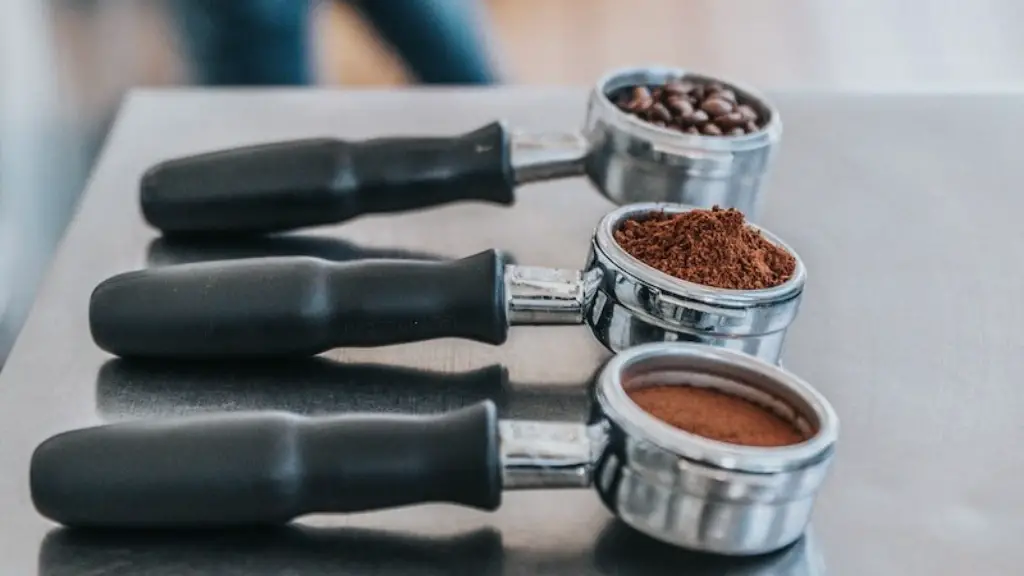Is it Okay to Drink Decaf Coffee when Pregnant?
Pregnancy is an exciting time of life, but it also comes with a slew of lifestyle changes and food choices to make. One of the most important and potentially difficult decisions is what to drink, as caffeine has long been held out as a possible danger to an unborn baby. But what about decaf coffee? Is it okay for pregnant women to drink it?
The Evidence
There is some evidence that drinking too much caffeine can lead to potential health concerns for the unborn baby. Caffeine passes through the placenta to the baby, and can lead to babies with a lower birth weight, and studies have linked it to miscarriages, though such effects were only observed among pregnant women consuming more than 300 milligrams of caffeine per day.
The good news for pregnant women is that decaf coffee contains only around 2 to 12 milligrams of caffeine per cup, compared to the average 90 milligrams per cup of normal coffee, according to research. This leaves much less room for worry over caffeine-related harm to a developing fetus.
But not everyone is convinced that even decaf coffee should be consumed while pregnant. According to obstetrician-gynecologist Dr. Eric Levens, caffeine can still pass to the fetus through small amounts of decaf, and this can be damaging if consumed in large quantities. He urges caution and recommends that pregnant women avoid decaf, or at least limit consumption.
The Pros and Cons
There are both pros and cons to drinking decaf coffee while pregnant. Caffeine is a drug, and like any other drug, it can be addictive. Limiting or avoiding its consumption completely can help to break the addiction. And for women who are pregnant, it offers an additional health benefit for their baby.
But there are drawbacks too. Decaf coffee still contains some amount of caffeine, and there is the potential for pregnant women to become addicted to the taste of coffee, which could make it harder to quit once the baby is born. It can also be difficult to find decaf coffee that is made with natural, healthy ingredients. Many have artificial sweeteners and other unhealthy additives that can be just as bad for a developing baby as unnecessarily high amounts of caffeine.
Other Considerations
There are other considerations when it comes to whether or not to drink decaf coffee while pregnant. For some women, it may be the only source of comfort or relaxation they can get during the stress of pregnancy. While it is important to keep caffeine consumption levels low, it may be helpful to allow yourself a cup or two of decaf every now and then. Additionally, some experts believe that there are health benefits to be had from drinking decaf coffee, as a number of the healthful antioxidants present in coffee are retained in decaf.
Medical Advice
Ultimately, the decision of whether or not to drink decaf coffee while pregnant will come down to personal preference. It is best to check in with a doctor to make sure that any potential risks associated with drinking decaf coffee are not greater than any potential theoretical benefits. Every woman’s pregnancy and needs are unique, and it is important to find the best balance to support both the mother and the unborn baby.
Caffeine vs Decaf: How Caffeinated Beverages Compare
In comparison to caffeinated beverages, decaffeinated drinks have generally been thought to be harmless. But when it comes to pregnancy, the considerations are not so clear-cut. Caffeinated beverages pack a lot more of a punch than their decaffeinated counterparts, with as much as three to five times more caffeine content. However, when drinking decaf coffee during pregnancy, it is still important to pay attention to the quantity and ingredients, as this can change the amount of caffeine consumed.
Coffee vs Tea
There is also a difference between coffee and tea when it comes to caffeine. Coffee contains more caffeine, but tea also contributes to overall caffeine intake; a cup of caffeinated coffee contains around 95 to 200 milligrams of caffeine, while a cup of black tea contains around 40 to 50 milligrams. Additionally, some herbal teas also contain caffeine.
Carbonated Beverages
Carbonated beverages are another common source of caffeine. Sodas, energy drinks and other carbonated drinks contain caffeine, and diet sodas can often contain even more than the regular versions. All carbonated drinks should generally be avoided, as caffeine is only one of many potentially harmful ingredients.
Caffeinated Medications
Caffeine can also be found in some medications, such as cold and allergy relief medications, and it can be listings in either the inactive or active ingredients. This means that a mother-to-be should check the ingredients of any over-the-counter medications to make sure there is no caffeine present.
Potential Health Effects of Caffeine
While there is no clear-cut evidence that suggests drinking decaf coffee while pregnant is hazardous to the developing fetus, it is still important to pay attention to caffeine intake during pregnancy, as there have been various studies that link it to certain health issues.
Caffeine intake during pregnancy can lead to babies with a lower birth weight. Also, there is some evidence that premature babies have a higher chance of being born to mothers who have a high caffeine intake. However, the effects of caffeine on pregnancy have not been clearly established, and it takes further research to confirm the links.
Caffeine and Fertility
Surprisingly, caffeine has also been linked to fertility problems. Higher caffeine intake has been linked to a lower chance of pregnancy, as well as increases in the amount of time it takes to achieve pregnancy. Moreover, caffeine can also interfere with hormone levels and weaken the efficacy of fertility-related medications.
Caffeine and Breastfeeding
Caffeine can also pass through breast milk to the baby; although, the effects on a newborn baby are still unclear, it is best to limit caffeine intake while breastfeeding. Additionally, in some cases, a doctor may suggest that a pregnant woman should avoid caffeine altogether if they have a history of high blood pressure, diabetes, or other pre-existing health conditions.
Other Choice Beverages
There are alternatives to drinking coffee or caffeinated tea during pregnancy. Water is a great choice, as dehydration can be a common issue during pregnancy. There is also a wide variety of healthy, non-caffeinated drinks available, such as vegetable and fruit juices, which provide plenty of vitamins and minerals necessary for a healthy pregnancy.
Caffeine Alternatives
Caffeine alternatives can also be a great way to help overcome any cravings for coffee or tea. These alternatives are a great way to satisfy a craving for something caffeine-related in a safe and healthy way. Some examples include caffeine-free herbal teas, such as chamomile or chai, and decaffeinated coffee and tea drinks.
Energy Boosts Without Caffeine
There are also ways to get an energy boost without caffeine. Regular exercise is a great way to boost energy levels and overall health, and is a great choice for pregnant women, as it can help to maintain overall strength and stability during the pregnancy. Additionally, eating a healthy, balanced diet can also provide the energy necessary to get through the day.
Conclusion
When it comes to the decision of whether or not to drink decaf coffee while pregnant, it is best to consult with a doctor to ensure that any potential risks are taken into consideration. Ultimately, there is no harm in drinking small amounts of decaf coffee during pregnancy, as long as it is done in moderation and without any other unhealthy additions. For pregnant women looking for energy boosts or alternatives to coffee and tea, there are plenty of healthier options to choose from.




